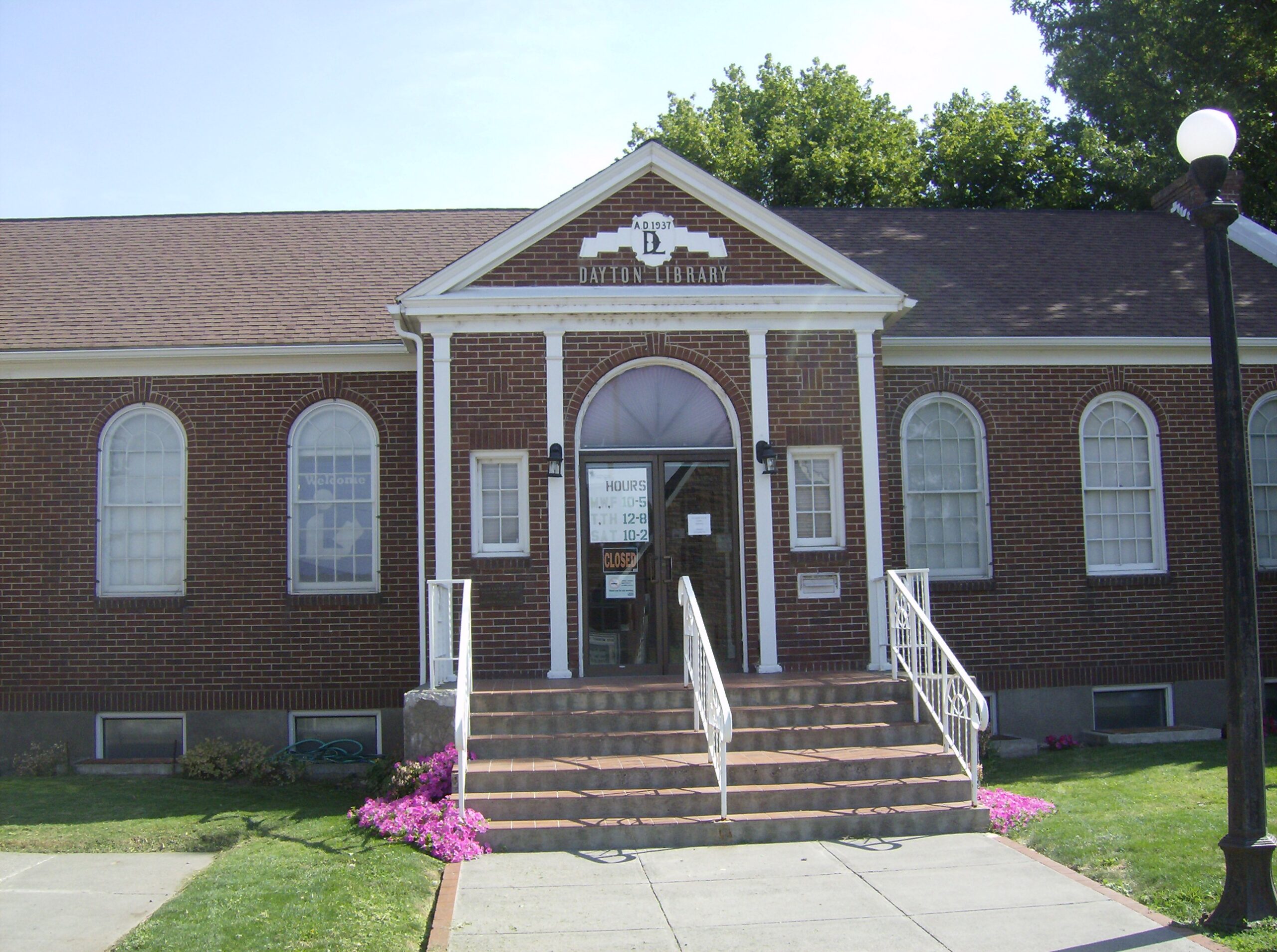A legally dubious right wing attempt to dissolve the only public library in tiny Columbia County was nixed today after Superior Court Commissioner Julie Karl put the kibosh on the measure, ruling that it was “unconstitutional, procedurally invalid and [that] the signature gathering was marred by ‘potential criminal acts,’” as concisely summarized by Seattle Times reporter David Gutman.
Karl’s decision means that Proposition 2 will not go before voters this autumn. The library will no longer face the imminent threat of dissolution from angry rural voters incited by a group of extremists led by right wing activist Jessica Ruffcorn, who is obsessed with censorship and barring others from accessing materials she doesn’t approve of, including books that address topics such as consent.
Ruffcorn at first tried to intimidate library trustees into removing books from the shelves. When she didn’t get the response or the results she wanted, she then sought to exploit a provision in a Washington State statute, namely RCW 27.12.320, that allows for rural library districts to be dissolved:
… pursuant to a majority vote of all of the qualified electors residing outside of incorporated cities and towns voting upon a proposition for its dissolution, at a general election, which proposition may be placed upon the ballot at any such election whenever a petition by ten percent or more qualified voters residing outside of incorporated cities or towns within a rural county library district, an island library district, or an intercounty rural library district requesting such dissolution shall be filed with the board of trustees of such district not less than ninety days prior to the holding of any such election.
The Dayton Memorial Library dates back to 1937, when it opened after a nearly twenty-year effort to secure the resources to build a library for the Columbia County community. For decades, the library was administered by the City of Dayton and supported exclusively with city tax dollars, but in the early 2000s, with the realization that a larger and more stable tax base was needed to secure the library’s future, the Columbia County Rural Library District was formed.
The creation of the district empowered the community the library was serving outside of the Dayton city limits to pay dues in support of the library. But since rural library districts cannot, by law, include residents of incorporated towns among their electors, the people of Dayton were facing the prospect of having their library’s future decided only by their more rural neighbors — without them.
On September 6th, Karl had granted a temporary restraining order (TRO) against Proposition 2, which expired as of 3:30 PM today. The TRO enjoined Columbia County from sending out ballots with the measure on them. Today, as planned, Karl heard arguments in favor of a preliminary injunction.
Karl’s decision, issued from the bench, was witnessed by a packed courtroom that included Kate Smith of the Walla Walla Union-Bulletin. Like Gutman, Smith emphasized in her story that Karl found problems at every level with Ruffcorn’s measure, including the signatures on the petitions Ruffcorn circulated:
Neighbors United for Progress, a local political action committee, filed a complaint alleging that the measure to dissolve the county’s library district conflicts with federal and state constitutions and disenfranchises city voters and that the effort to get it on the ballot was invalid and wrought with fraud.
Karl agreed, finding that the state statute outlining the dissolution process for rural library districts like Columbia County’s was unconstitutional and inconsistent as applied.
“It doesn’t make sense to have people that live in the county be the only ones that vote on something that so much affects the citizens of the city,” Karl said at the hearing. “We did away with taxation without representation a long time ago.”
Karl also said the petition process was invalid and there is good cause to believe signature gathering for the petition was fraudulent.
“It is telling that in the initial petition presented, two-thirds of the signatures were invalid,” she said.
Signature fraud is a long-running problem that our team at NPI has been studying and tracking for many years. At the state level, it is investigated by the State Patrol, and there have been times in the past where fraudulent signatures on right wing petitions have been discovered by election workers and referred to the Patrol for investigation. Catching fraudsters isn’t easy, but the Patrol has been able to identify and arrest the culprits in at least some of the cases.
Given the evidence of fraud in this case, Columbia County should open an investigation. Ruffcorn and her associates’ operations should be probed.
If they broke the law, they should be prosecuted.
Ruffcorn is, according to Neighbors United for Progress’ initial complaint filed on August 29th, planning to move to someplace in Republican-dominated Texas rather than remaining in southeastern Washington, “on information and belief.”
NPI congratulates Neighbors United for Progress on today’s great victory over censorship, fear, and oppression. Democracy and community won today over right wing extremism. This is a great outcome for freedom in the Pacific Northwest.

